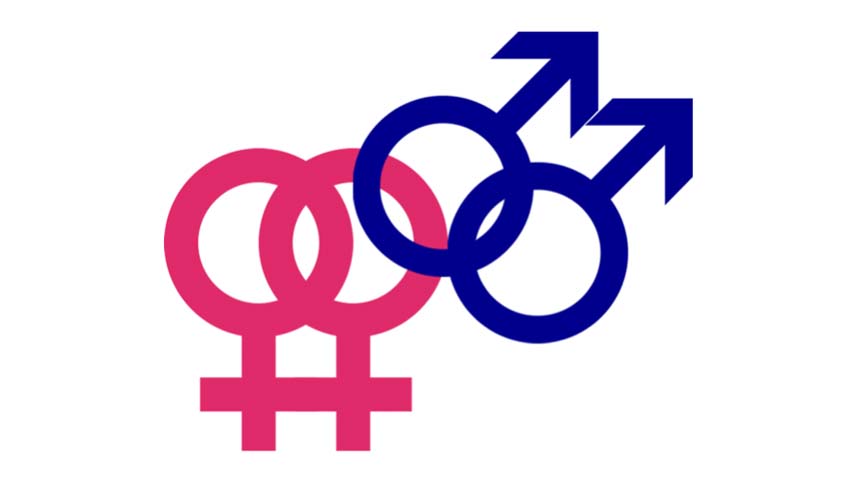India abstains from voting on UN Independent Expert to check discrimination on sexual preferences
Apoorva Mandhani
2 July 2016 5:07 PM IST

Next Story
2 July 2016 5:07 PM IST
India on Friday abstained from voting on the appointment of a United Nations watchdog against discrimination based on sexual preferences. The ongoing Supreme Court hearing against Section 377 of the Indian Penal Code, that criminalizes homosexual acts, was cited as the reason for avoiding taking a stand on the issue.“The issue of LGBT rights in India is a matter being considered by the...
